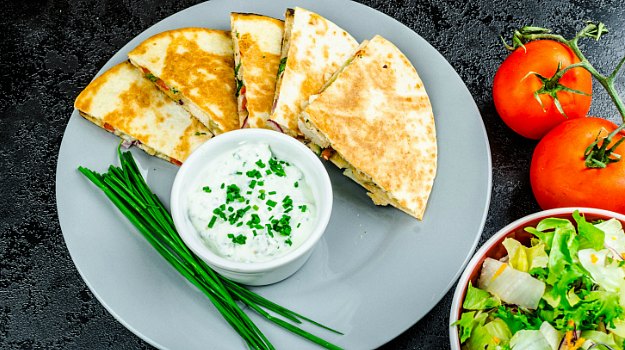Carvel, the original soft serve ice cream brand founded in the United States in 1934, is entering the Indian market with its first store opening in New Delhi this August. This marks the brand's first foray into India since its launch over 90 years ago. Carvel is known in the US for its range of soft serves and ice cream cakes. The brand's entry into India comes at a time when the dessert category is expanding, with growing interest in international food formats and everyday snacking options.
The India operations are being handled by Unify Foodworks, which holds the master franchise rights for the brand in the region. The company has announced plans to open 100 outlets across key Indian cities over the next few years.
The India menu will include products from Carvel's existing US portfolio, such as Flying Saucers and soft serve flavours including vanilla, chocolate, pistachio, hazelnut and coffee. The brand intends to position itself within the segment of affordable and frequent dessert choices.
The flagship outlet in New Delhi has been designed to reflect the original brand identity while aligning with local preferences. The store aims to serve as a pilot for potential expansion in other metro cities.
Sumer Sethi, Founder of Unify Foodworks, said, “Carvel has always stood for joy, celebration and togetherness, all values that transcend borders and resonate across generations. We believe that everyone, regardless of age or background, deserves to indulge in moments of delight. As we enter the Indian market, our aim is to create warm, welcoming spaces where families, students and professionals alike can pause, connect and savour something special. While Carvel's nine-decade legacy lends its heritage and trust, it is the brand's simplicity and heart that make it universally loved. We are excited to bring this experience to India and become a part of everyday celebrations across the country.”
Carvel joins a growing list of international dessert brands setting up shop in India, as global players tap into the country's urban consumption markets and rising demand for quick-service formats.









